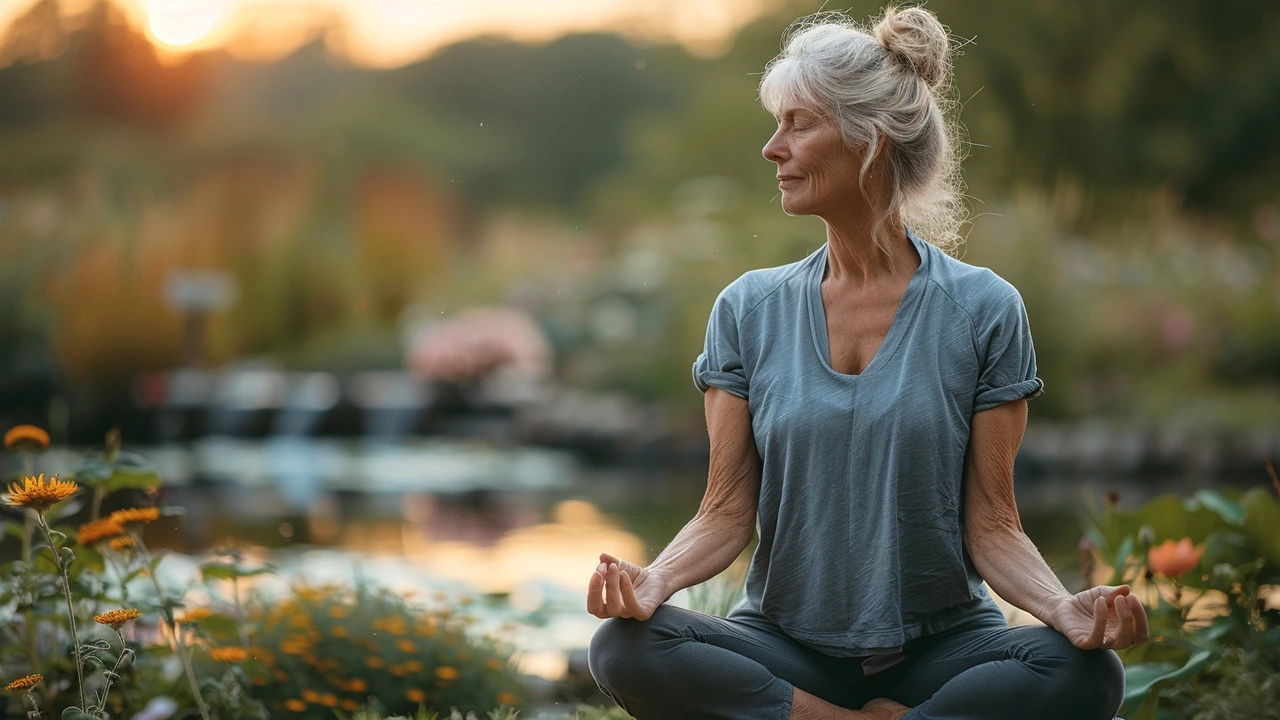
Understanding the Power of Breathing Exercises
Breathing exercises are not just about taking a deep breath; they are scientifically proven methods to affect the nervous system positively. When you engage in deep, rhythmic breathing, it sends a signal to your brain to calm down and relax. This is crucial in the regulation of the 'fight or flight' response, often triggered by stress. Different techniques, such as diaphragmatic breathing, 4-7-8 breathing, or alternate nostril breathing, cater to varying needs and situations. Engaging in these practices regularly can help lower blood pressure, reduce stress, and boost overall mental health. So next time you feel overwhelmed, remember that something as simple as changing your breathing can offer substantial relief.
Mindfulness and Meditation: Pathways to Peace
The art of mindfulness involves being present and fully engaged with whatever we are doing at the moment -- free from distraction or judgment. Meditation, a deeper aspect of mindfulness, aids in developing a healthier perspective on one's thoughts and emotions. Studies have shown that meditation can decrease anxiety, improve cognitive function, and even lead to changes in brain structure associated with enhanced emotional regulation. Introducing mindfulness into your daily routine can start simply with paying more careful attention to everyday tasks, like eating or walking. Gradually, this practice can expand to include structured meditation sessions which provide deeper relaxation and clarity of mind.
Physical Relaxation Techniques: Beyond Mental Exercises
Physical approaches to relaxation, such as progressive muscle relaxation, yoga, and even gentle stretching, can complement the benefits of breathing and mindfulness exercises. Yoga, in particular, combines physical poses with breath control and meditation, promoting both physical and mental resilience. Similarly, progressive muscle relaxation involves tensing and then relaxing different muscle groups, which can be particularly useful for relieving physical tension that accumulates in response to stress. Incorporating these physical techniques with breathing and mindfulness creates a holistic approach to managing stress, fostering both physical wellness and mental peace.